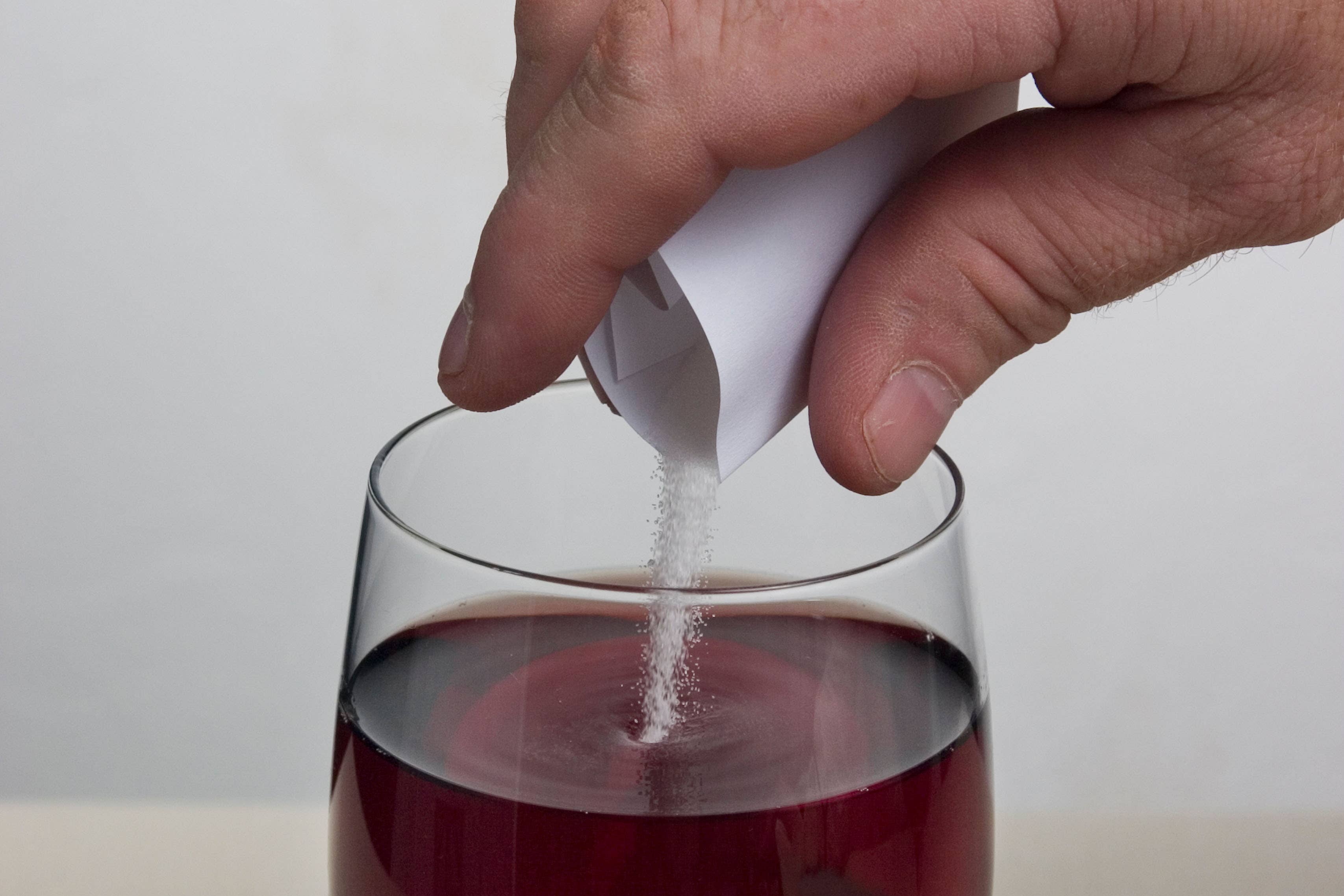Public urged to learn ‘spiking first aid’ ahead of Christmas parties
Symptoms of spiking include mental confusion, slurred speech, memory loss, loss of inhibitions, nausea, vomiting and breathing problems.

Your support helps us to tell the story
From reproductive rights to climate change to Big Tech, The Independent is on the ground when the story is developing. Whether it's investigating the financials of Elon Musk's pro-Trump PAC or producing our latest documentary, 'The A Word', which shines a light on the American women fighting for reproductive rights, we know how important it is to parse out the facts from the messaging.
At such a critical moment in US history, we need reporters on the ground. Your donation allows us to keep sending journalists to speak to both sides of the story.
The Independent is trusted by Americans across the entire political spectrum. And unlike many other quality news outlets, we choose not to lock Americans out of our reporting and analysis with paywalls. We believe quality journalism should be available to everyone, paid for by those who can afford it.
Your support makes all the difference.Members of the public are being urged to learn “spiking first aid” to help anyone affected during the Christmas party season.
St John Ambulance said people should learn the basics of what to do in cases of spiking, which is when someone gives another person alcohol or drugs without their knowledge or consent.
Spiking can involve putting alcohol or drugs into drinks; needle spiking, where people are injected; or vape or cigarette spiking, where drugs are put into these products.
Symptoms of spiking include feeling drunk or drowsy, being “out of it” or more drunk than expected, mental confusion, slurred speech, memory loss, loss of inhibitions, nausea, vomiting and breathing problems.
Victims may also suffer muscle spasms or seizures, loss of consciousness or a severe hangover after drinking little or no alcohol.
Our latest research shows this awful crime continues to blight people’s social lives when they are simply wanting to go out and enjoy time together
In new advice, St John said victims should be kept hydrated by encouraging them to drink water little and often, put in a safe place and always have somebody with them.
If a person thinks they have been spiked, they or a friend should alert bar staff and the police, including reporting any suspicious behaviour.
If the victim becomes unresponsive, others should put them in the recovery position and call an ambulance.
Members of the public should also know how to do CPR in case somebody stops breathing.
A poll of 2,000 people across the UK for St John’s new Switch on to Spiking campaign found 23% of 18 to 43-year-olds felt they had “definitely” been spiked, rising to 41% when those who believed they had “possibly” been spiked were added.
Staying with a spiking victim, monitoring them and being ready to give first aid could save their life
The organisation’s medical director, Dr Lynn Thomas, said: “Our latest research shows this awful crime continues to blight people’s social lives when they are simply wanting to go out and enjoy time together.
“While we fully support all efforts to prevent and prosecute spiking incidents, St John aims to teach people how to care for one another when the worst happens.
“Recognising the symptoms of spiking is a critical first step in that care and will help protect victims from further harm.
“Staying with a spiking victim, monitoring them and being ready to give first aid could save their life.
“We’re urging people to equip themselves with that knowledge.”
People are being urged to search Switch on to Spiking online to learn more.
Last week, safeguarding minister Jess Phillips told BBC Radio 4’s Today programme that people should “just go up to a woman… and say ‘Is everything all right?'” where safe to do so if they think somebody has been spiked.
Although spiking is already illegal, Labour has said it will make giving someone alcohol or drugs, without them knowing or agreeing, a specific criminal offence.
Statistics released last December revealed that, on average, police receive 561 reports of spiking per month.
However, it is believed that spiking is under-reported.
Eve Adams was 19 when she was spiked at a club in Chester on a night out with her twin sister, Lauren. She ended up in hospital.
She said: “I felt like I had been hit by a bus. Every muscle in my body ached. It was so incredibly painful. I had brain fog.
“The headache lasted for weeks, like a never-ending hangover. I was still being sick three days later.
“I don’t know what happened that night. I question myself if I was just drunk, but I know deep down I wasn’t and everyone around me knows I wasn’t.”